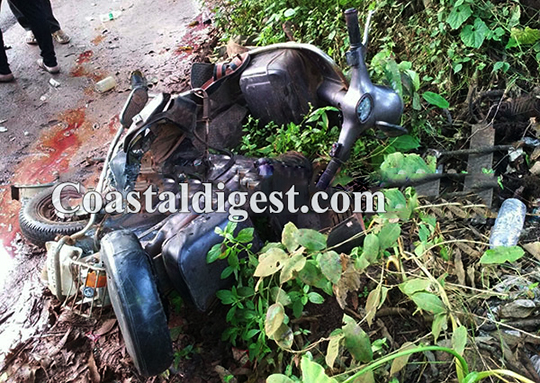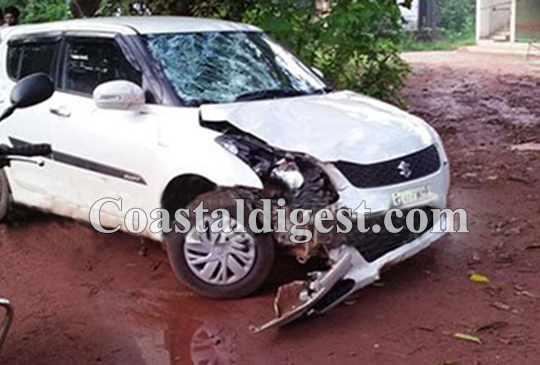Newsroom, June 5: The union health ministry has announced new rules for shopping malls which have been permitted to open from June 8, except those falling in containment zones.
The guidelines will come into effect from Monday and cinema halls, gaming arcades and children play areas in these establishments will remain closed.
Here is the complete list of standard operating procedures issued by the ministry to be followed in shopping malls to contain the spread of COVID-19.
• Thermal screening of all visitors mandatory at entry point, along with compulsory hand hygiene. Only asymptomatic visitors will be allowed to enter the shopping mall .
• It will be mandatory for all visitors as well as workers to wear face masks at all times inside the mall.
• Posters and audio-visual media on preventive measures about COVID-19 should be displayed prominently.
• Visitor entry to shopping malls should be allowed in a staggered manner and adequate manpower be deployed by mall management for ensuring social distancing norms.
• All employees who are at higher risk like elderly, pregnant women and those having underlying medical conditions should take extra precautions. They should preferably not be exposed to any front-line work requiring direct contact with the public.
• Proper crowd management in the parking lots and outside the premises – duly following social distancing norms shall be ensured. Preferably, separate entry and exits for visitors, workers and goods/supplies shall be organised.
• The staff for home deliveries should be screened thermally by the shopping mall authorities prior to allowing home deliveries and required precautions while handling supplies, inventories and goods in the shopping mall must be ensured.
• Physical distancing of a minimum of 6 feet, when queuing up for entry and inside the shopping mall should be maintained as far as feasible while the number of customers inside the shop should be kept at a minimum, so as to maintain the physical distancing norms.
• The number of people in the elevators should be restricted and use of escalators with one person on alternate steps should be encouraged.
• Number of people in the elevators shall be restricted, duly maintaining social distancing norms. Use of escalators with one person on alternate steps may be encouraged.
• Effective and frequent sanitation within the premises shall be maintained with particular focus on lavatories, drinking and hand washing stations/areas
• Cleaning and regular disinfection of frequently touched surfaces to be made mandatory in all malls in common areas as well as inside shops, elevators, escalators etc.
• In the food-courts, adequate crowd and queue management is to be ensured and not more than 50 per cent of seating capacity should be permitted.
• Food court staff should wear mask and hand gloves and take other required precautionary measures, the seating arrangement should ensure adequate social distancing between patrons as far as feasible and tables should be sanitized each time a customer leaves.
• Gaming arcades, children play areas and cinema halls inside shopping malls shall remain closed.
• Spitting should be strictly prohibited and installation and use of Aarogya Setu App shall be advised to all.
• The ministry advised persons aged above 65, those having comorbidities, pregnant women and children below the age of 10 to stay at home, except for essential and health purposes.








Comments
may allah give sabar to family peoples
Inna Lillahi wainna ilaihi raji`un.
May Allah shower mercy and blessings over his family.
Add new comment